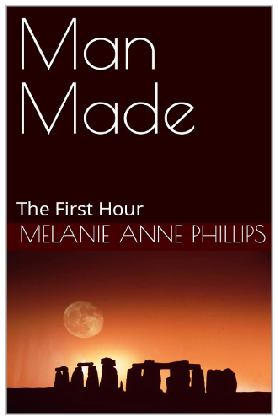|
Write Your Novel |
|
For Story Structure |
|
For Story Development |
|
|

|
|
~ Step 145 ~
Genre Conclusion
If you've ever seen the end of a science fiction movie where the world is saved, the words "The End" appear, and then a question mark appears, you have experienced a last-
In the conclusion, you can either re-
Keep in mind that your readers will need to say goodbye to the story they have come to know. Just as they needed to be introduced to the story's personality in act one and drawn out of the real world into the fictional one, now they need to be disentangled from the story's personality and eased back into the real world.
Just as one wraps up a visit with a friend in a gradual withdrawal, so too you must let your readers down gently, always considering that the last moments your readers spend with your story will leave a final impression even more important than the first impression.
Select from those genre elements you already or earmarked in the Exposition Stage those that will confirm the personality of your story and help your readers say goodbye. If need be, develop additional elements to support this effort.
By the end of this step, you should have no remaining genre elements to distribute. If any remain, see if you can work them into acts one, two, three or the conclusion to further enrich your novel.